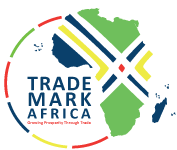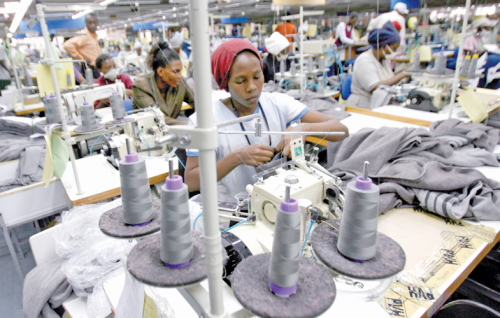Kenya’s hope of faster completion of Strategic Trade and Investment Partnership (STIP) negotiations with the United States could face further delays after 24 lobby groups issued fresh demands, citing secrecy between the two nations.
The lobby groups are accusing the Washington team of hiding the details of the ongoing negotiations and instead dealing directly with the government, something that risks removing the inputs of Kenya’s private sector.
In a letter to the Assistant US Trade Representative, Constance Hamilton, the lobbyists broadly referred to as civil society organisations (CSOs) are equally demanding that certain clauses embedded in the deal be extracted over fears of impacting Kenya’s economy.
The clause that the lobby groups want to be dropped includes agriculture, digital trade, and regulatory practice provisions.
They are also against restrictions on Kenya’s ability to provide fisheries subsidies, pushing Kenya to accelerate the implementation Trade Facilitation Agreement with the World Trade Organisation (WTO), and undermining the ability to take anti-corruption measures.
Related materials
“All related materials and consolidated texts be published in a timely manner after each round of negotiations so that the public has the opportunity to review and comment on each proposal before the agreement is finalised,” CSOs said in the letter. The letter is jointly signed by Tax Justice Network Africa, Okoa Uchumi Campaign, and Kenya Small Scale Farmers Forum (KESSFF) among other groups.
“We feel that the US has not demonstrated good faith from the onset of these negotiations. This is because it has pushed Kenya to remove the digital services tax as well as legalise biotechnology, two key planks of policy leverage that could be useful in the negotiations,” the letter added. The second round of the four-day STIP negotiation started last week in Nairobi after the conclusion of the first round between February 6 and 10 in Washington. Kenya has been hoping to complete negotiations by mid this year before the final signature but this could again drag if these resentments hold.
STIP, which seeks to replace the two-decade-old Africa Growth and Opportunity Act (Agoa), is pegged on 10 pillars, comprising agriculture, digital economy, fostering consumer, action on climate change, integrating micro, small and medium enterprises (MSMEs), customs and trade procedures, and anti-corruption.
Other issues up for debate are standards of collaboration, transparency and good regulatory practices, and workers’ rights and protection.
The above areas of deliberations between Kenya and the US have largely been kept in general terms, leaving the citizens guessing what Kenya is precisely giving and getting in every clause.
However, there are early signals that one of the pertinent issues likely to dominate the agriculture clause is the US-backed pressure for the legalisation of Genetically Modified (GM) food, something that is upsetting Kenya’s small-scale farmers over fears of being knocked out of the market.
Cabinet meeting
Kenya banned GM foods in 2012 but President William Ruto lifted it through a cabinet meeting in October 2022. The decision remains suspended by Kenya’s High Court and the East African Court of Justice (EACJ).
Also, the digital economy clause could also contain talks around Kenya abolishing its current 1.5 per cent Digital Service Tax (DST) on foreign tech firms in favour of the global 15 per cent tax rate policy that the previous regime refused to ratify.
Read original article

